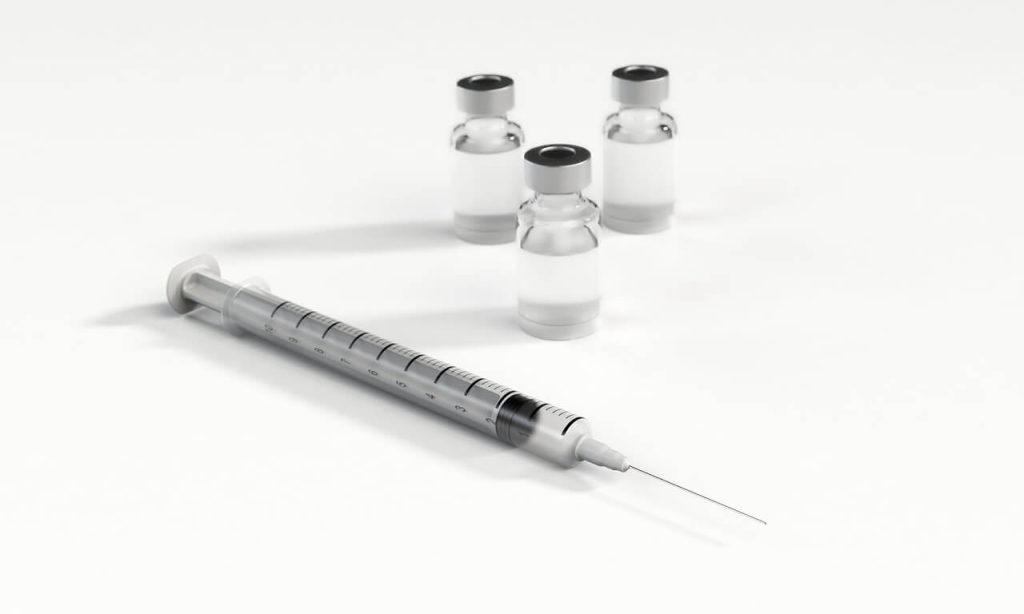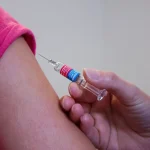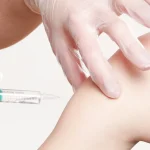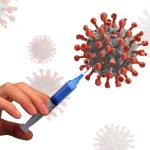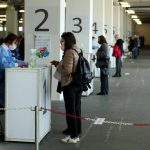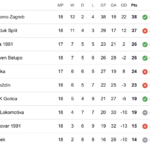Index.hr reports that after ten countries announced in the last two days that they are temporarily suspendeding the AstraZeneca vaccination, several people in Croatia refused to be vaccinated with the same vaccine.
“Approximately 30 percent of people in the whole of Croatia, as I heard from colleagues from all over the country, today refused to come to the scheduled appointment for a vaccination with AstraZeneca. What I heard from colleagues and what I saw in my office is that people were very scared of it. Some of the patients scheduled for today canceled their vaccination, and those we offered it to after they canceled also refused to be vaccinated with AstraZeneca,” said Dr. Nataša Ban Toskić, President of the Coordination of Croatian Family Medicine, for Index.
She states that even before this temporary vaccination suspension in other countries, patients had many questions about AstraZeneca, but that they were still vaccinated in the end.
“They had doubts, but they would still come. Today they refused en masse. There is a difficult situation in practice. Normally, people are confused and scared; our umbrella institutions should better communicate the AstraZeneca vaccine to the public and patients. I am thinking of HALMED, HZJZ, the Ministry of Health, and HZZO.
These institutions should publish concrete information on the situation with this vaccine in several media and several times,” explained Dr. Ban Toskić.
He states that family doctors have been put in a rather awkward position.
“We don’t have the information of which vaccine we will get, when and in what quantity it will arrive, and that puts us in a rather awkward position because we are on the first line of communication with patients. There is a danger that we are the only ones to bear the consequences of angry patients’ lawsuits because we as vaccinators are the only responsible person if something happens to patients. At the same time, we do not influence which vaccine we get. We must adhere to official guidelines; we cannot now refuse to be vaccinated with AstraZeneca based on other countries’ decisions.
We are in a problematic situation because if we do not vaccinate patients with the vaccine we received, then we are guilty, and if we vaccinate them, we can be guilty again. It would be extremely fair to the patients and us to intensively inform the public about the new situation with AstraZeneca,” believes Dr. Ban Toskić.
He also states that the problem is that in most counties, there are no mobile vaccination teams for immobile and immobile patients.
They are especially concerned, he says, with the information that doctors will have to go to homes on their own and vaccinate patients.
“This is out of the question in these circumstances. There is no chance that the vaccinator comes alone and risks an unfavorable outcome. We need to have teams equipped in case of an allergic reaction to provide first aid to the patient immediately.
Also, it is imperative to follow the rules of cold transport and transfer the vaccine in the refrigerator. This can only be done by a mobile team, not by an individual going with their purse on public transport or in their car without a refrigerator. And what if an adverse event occurs then, then accuse the doctor of not adequately transporting the vaccine? There are a lot of problems here. Honestly, it is unbelievable that to date, no mobile teams have been established in all cities and counties. Vaccination has been going on for three months now,” Dr. Ban Toskić told Index.
Dr. Tanja Pekez said that she would see how the vaccination situation would develop next week, but that so far, everything was going well in her office.
“So far, it’s been good, considering that the nurse and I have put in a lot of time and effort. For the first 42 patients, the nurse and I spent 8 hours determining who would be called. We called them all, and we referred calls to reserve patients because some of those invited canceled, then the vaccination started. As for the further situation with the vaccination, no one can know how things will go because everything has become a matter of politics. Britain picked up a huge amount of vaccines, then the explosion of a vaccine factory in India. Then there is the issue of Russian and possibly Chinese vaccines entering the European market. So, the predictions about vaccination are more in the domain of politics, and that should have been predicted by politicians, not only in Croatia but in the whole EU, and coordinated,” Dr. Pekez told Index.
She also states that patients became more interested in vaccination after the media published information about who got vaccinated. Still, she does not know how things will turn out after the latest events in the EU.
“In the end, I would like to add that because of the mental health of young people and the middle generation, we should have vaccinated them first so that we would have more freedom of movement. And we should finally start sanctioning inappropriate behavior,” she added.
Recall, nine European countries and Thailand have suspended AstraZeneca vaccination because there have been several cases of blood clotting problems after vaccination and two deaths in Italy and one each in Denmark and Austria.
Denmark, Norway, and Iceland have temporarily suspended AstraZeneca vaccination, while Italy and Austria have stopped using certain vaccine batches as a precaution. Suspensions in Italy and Austria include different series of vaccines – in Austria, it is the ABV5300 series, and in Italy, the ABV2856. Estonia, Latvia, Lithuania, and Luxembourg have suspended the use of the series that Austria has also suspended. Thailand has also announced that it is suspending AstraZeneca vaccination.
At a press conference on Friday, Krunoslav Capak, head of the CNIPH, commented on the situation with AstraZeneca.
“As you know, Austria, followed by several EU countries, has decided to suspend vaccination with AstraZeneca temporarily. Sixteen EU countries have received a vaccine of the same series as Austria. Their decision is a precaution due to thromboembolic events. If they are found not to be related to vaccination, vaccination will continue. As for Croatia, we did not get that series, but we are vaccinating with another series. We did not have groupings of thromboembolic events. So we decided to continue vaccinating with AstraZeneca. In Croatia, the incidence of thromboembolic events is 61 per 100,000; there are slightly more than one per week with a fatal outcome. They are happening in Croatia as well,” Capak said.
Alemka Markotić said that it would be imperative for Croatia to preserve the Institute of Immunology and get involved in vaccine production.
To read more about COVID-19 in Croatia, follow TCN’s dedicated page.

